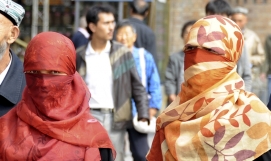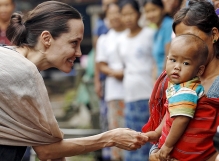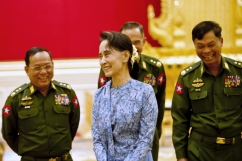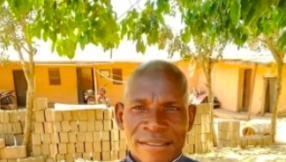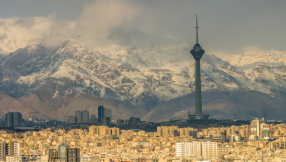The Christian population of the Buddhist country Myanmar has increased by nearly one third in three decades, new figures reveal.
There are now more than three million Christians in Myanmar, making up 6.2 per cent of the population, compared to just 4.9 per cent in 1983, World Watch Monitor reports.
There has been speculation that the release of the figures, in a supplement to the 2014 population and housing census by the UN Population Fund, was delayed to avoid backlash from Buddhist nationalists.
According to the fund, however, the delay was because more time was needed "for analysis and consultation".
Christianity is the second largest religion in Myanmar. Nearly nine in ten people are Buddhist. There was also a small increase in the numbers of Hindus and a fall in atheists and Muslims although Rohingya Muslims were not included as these Muslims do not have citizen status. If they did, Myanmar would have twice as many Muslims as it admits to, amounting to four per cent of the population.
Just one state has a Christian majority, Chin. There are also many Christians in Shan and Kachin. In Karen, Christians are under threat from Buddhist nationalists who building illegal pagodas on church grounds, WWM reports.
Thomas Muller, of Open Doors International, which supports Christian minorities globally, told WWM: "As the Buddhist nationalist group Ma Ba Tha keeps warning against an influx of Muslims threatening Buddhist-majority Myanmar, there were fears that, if the census showed a growth in percentage of the Muslim population, it could fuel the tensions Ma Ba Tha is stoking. But Muslims only experienced a slow growth, even including the self-identified Rohingya, who were not counted in the census.
"But it may turn out as short-sighted to ignore such fears now. Ma Ba Tha is not just anti-Muslim, it is Buddhist nationalist, so Christians could come increasingly into its focus. Especially when, as the Myanmar Times report says, the number of Christians in contested Kachin State are heavily under-reported. In any case, the numbers show how religiously diverse Myanmar is and that the government faces challenges with that."










